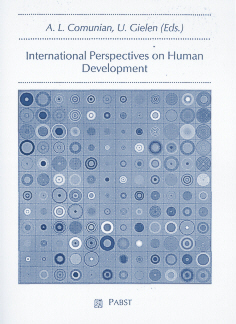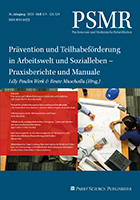Sandis found major gender similarities and differences among aging North Americans:
"For example, as to the effects of genes and socialization on longevity, females appear to have an advantage over males. As to questions of intellect, if one disregards the greater incidence in males of heart and blood-vessel disorders - and of the negative impact this has on the male´s mental functioning - then cognitive activity in the elterly females and males can be roughly similar. And, as to overall adaption in old age, the present-day research suggests more optimism and psychological well-being in males, and a little more pessimism and neurosis in females.
A second general pattern concerns the narrowing of gender differences in older persons because of an increasing tendency toward androgyny in members of both sexes. Thus, when favorable genes combine with good physical and mental habits, both elderly females and males tend to maintain some degree of independence for much or all of their old age, enjoying not only adequate physical health and psychological well-being, but also good cognitive functioning, wherein minor declines in learning and fluid features of intelligence are often compensated by stable or improved crystallized and qualitative features.
A third pattern entails outcomes that are somewhat less desirable. Certainly, when unfavorable genes or stressful life history culminates in many secondary aging processes, the last years of life may bring sharp decrements in physical and mental health and well-being. Yet, even people who are at risk for this less desirable pattern can draw comfort from the fact that ongoing research may lead, some day soon, to methods of retarding or even curing most of the vascular and cardiac disorders, and may even avert many of the forms of dementia ..."
Literature:
International Perspectives on Human Development
Comunian, L.; Gielen, U.P. (Eds.)























